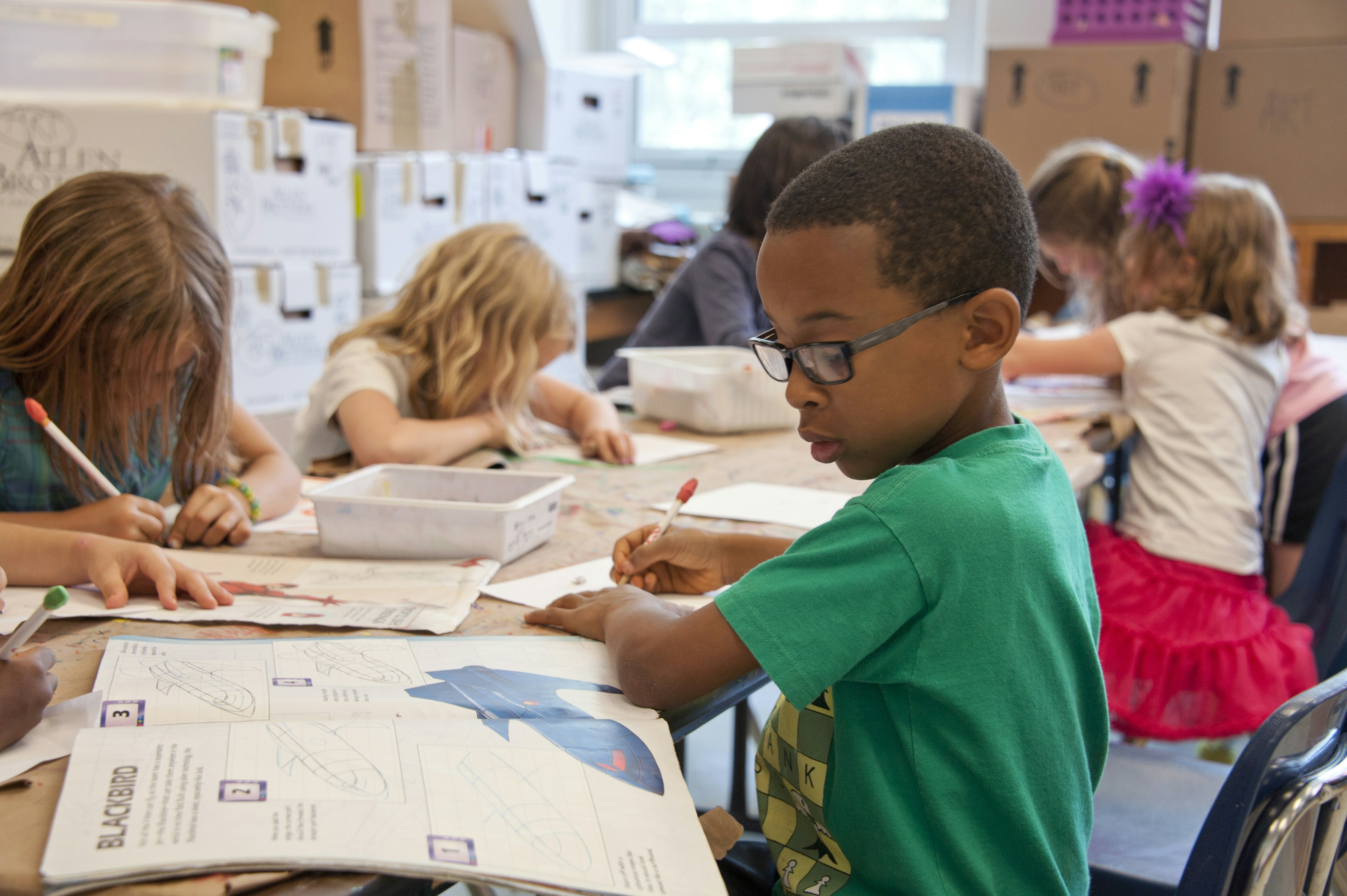What do we understand by Mental Health?
The World Health Organisation defines mental health as a state of wellbeing in which every individual achieves their potential, copes with the normal stresses of life, works productively and fruitfully, and is able to make a contribution to their community. Mental health includes our emotional, psychological and social wellbeing. It affects how we think, feel and act.
Like physical health, mental health is something we all have. It can range across a spectrum from healthy to unwell; it can fluctuate on a daily basis and change over time.
Mental Health Spectrum
|
Healthy
|
Coping
|
Struggling
|
Unwell
|
Good mental health helps children:
- learn and explore the world
- feel, express and manage a range of positive and negative emotions
- form and maintain good relationships with others
- cope with, and manage change and uncertainty
- develop and thrive
Building strong mental health early in life can help children build their self-esteem, learn to settle themselves and engage positively with their education. This, in turn, can lead to improved academic attainment, enhanced future employment opportunities and positive life choices.
Coping skills
Mental health doesn’t mean being happy all the time. Neither does it mean avoiding stress altogether. Coping and adjusting to setbacks are critical life skills for children, but it’s important that they develop positive, rather than negative, coping skills.
- Negative coping skills are attitudes and behaviours that have often been learned in the absence of positive support and in the face of stressful and often traumatic events and experiences which, over time, may put good mental health at risk.
- Positive coping skills are ways of thinking, attitudes and behaviours that allow children to deal with stress or adversity and which help them flourish. These positive coping skills form an important part of a child’s ability to be resilient in the face of setbacks and challenges. Children who have cultivated robust coping skills can still thrive with support, even when they are mentally unwell.
What affects child mental health?
A child’s mental health is influenced by many things over time.
Children have different personalities and they will be exposed to a range of factors in their homes and communities that can trigger worsening mental health (risk factors), or alternatively protect them and help them feel able to cope (protective factors). Ideally, all children should have at least one adult in their life who is monitoring whether they are coping or not.
Mental Health in the Curriculum
Children are taught regularly about positive mental health and how to support their mental health and wellbeing through PSHE lessons, assemblies and themed days and week’s such as Children’s Mental Health Week.
You can read more about PSHE in our Curriculum pages.
All children also have a taught session weekly called MyHappyMind. This is an NHS approved programme that is taught across five modules and each introduces a new set of content and habits to help children build resilience, self-esteem and confidence:

Understanding how your brain works and how to ensure we look after it so that we can manage our emotions and be at our best. Growth mindset is a key part of this too.

Understanding your unique character strengths and learning to celebrate them. This is a fantastic module for building self esteem.

Understanding why gratitude matters and how you can develop gratitude as a habit. Gratitude is key to wellbeing and resilience and we’re all about making it a habit!

Understanding why positive relationships matter and how to build them. We’re focussed on the building blocks of good relationships and friendships.

Understanding how to set meaningful goals that matter and how to keep resilient in times of challenge. This module is all about building self esteem and resilience too.
For further information about MyHappyMind visit https://myhappymind.org/
Useful links and resources
No Limits Help
https://nolimitshelp.org.uk/
No Limits is an award-winning, local, independent charity providing a unique combination of prevention, early intervention and crisis support to young people, based on a nationally evidenced model. They provide information, advice, counselling and support through a range of services.
Happy Maps
https://happymaps.co.uk/
HappyMaps is an award-winning charity developed by healthcare professionals with help from parents and young people.
Young Minds
https://youngminds.org.uk/
The Young Minds Crisis Messenger text service provides free, 24/7 crisis support across the UK. If you are experiencing a mental health crisis and need support, you can text YM to 85258. Parents' helpline 0808 802 5544 (Monday to Friday, 9.30am to 4pm).
ChildLine
https://www.childline.org.uk/
ChildLine is a service to help anyone under 19 in the UK with any issue they’re going through. Call ChildLine free on 0800 1111 or speak to a counsellor online.
CAMHS
Welcome to CAMHS Leaflet
Hampshire Youth Access
Counselling, mental health and emotional wellbeing advice and support for children and young people.
OLLEE
A digital friend for ages 8-11 it helps children explore feelings
Ollee asks how you’re feeling and offers ideas about what to do. If you’re not sure, Ollee will help you figure it out. Children and parents can both create and connect accounts – to share advice together. Try in a web browser or download the app.
SHOUT
Free, confidential, 24/7 text support service for anyone in the UK who is struggling to cope. To start a conversation, text the word ‘SHOUT’ to 85258. Trained volunteers are there to listen at any time of day or night, and messages won’t appear on the phone bill.
Behind the Bandana
BBC Children in Need - finding help and support.
Counselling Services for Children and Young People
Counselling Directory offers resources for young people; a safe space to discuss and work through anything they may be struggling with. This could include family worries, exam stress and mental health concerns like anxiety and self-harm.









